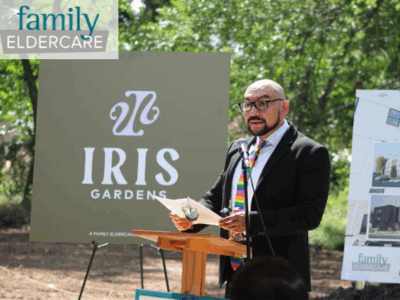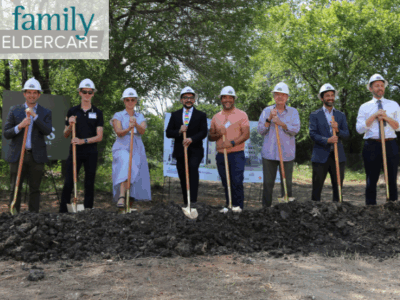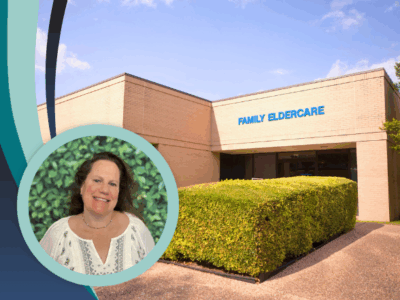Two years ago, I received an inquiry from someone expressing interest in counseling services. I called, leaving my usual brief and vague voicemail with information about Family Eldercare’s referral process. Each time I attempted to reach her, she would return my calls, yet we always missed each other. It wasn’t until a month later we finally connected. I gave her an introduction to our program and provided a brief overview of our services. She reluctantly began describing her struggles, when suddenly, the line went silent. For a second, I thought the call had been disconnected. Then I heard a small, hesitant voice ask, “Nadia, am I going crazy?”.
It is estimated that 1 in 5 older adults will experience a mental health or neurological disorder.
Mental health is as important in older adulthood as it is at any other time in our life. Many factors contribute to our mental wellness. Access to stable housing and routine health care are critical. Having the ability to cook, eat, bathe, socialize, and rest is equally important to our wellbeing. When our fundamental basic needs are not met, it can put anyone at risk for experiencing psychological distress or mental illness.
Family Eldercare clients have aged in a culture that views mental illness unfavorably. They experience fear due to a lifetime of stigmatization. Most worry that by telling a physician they cannot sleep or are struggling to get out of bed, they will be labeled “crazy” or sent to a mental institution. Others fear that a physician will force them to take medication.
If you or a loved one are experiencing these fears, it may impact your decision to seek help. This is why breaking the stigma surrounding mental health and mental health treatment options is so important.
While many physicians may recommend medication, the decision to take it is yours. Other resources include talk therapy, such as Family Eldercare’s In-Home Counseling program. Together, you and your physician or mental health counselor can explore treatment options that feel right for you.
We support individuals in managing challenging emotions and finding ways to cope with life’s transitions. With the encouragement of the In-Home Counseling team, many clients can discuss their mental health experiences free from judgment or blame for the first time.
I think back to that phone call often, reminding myself how difficult it must have been for her to reach out, and how brave she was for doing it anyway. Accepting help is not always easy. If you are struggling with mental health, talk to someone about it. Tell a qualified medical or mental health provider what is going on. You do not have to handle your concerns on your own.
For information about insurance or the referral form, please email counseling@familyeldercare.org



